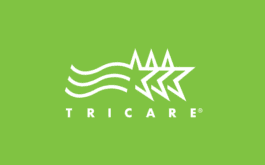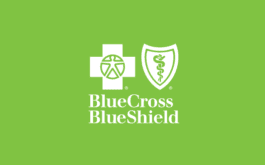How is Orthorexia Nervosa Diagnosed?
Diagnosing orthorexia can be difficult, as there are currently no official criteria for identifying this eating disorder. Some researchers argue that the idea of an orthorexia diagnosis should be reexamined. However, that doesn’t mean orthorexia can’t be diagnosed.
In general, a diagnosis of orthorexia involves both physical and mental assessments. One of the reasons eating disorders are so devastating is that they affect a person mentally and physically. They alter the way someone sees themselves, their body, and how they relate to the world around them, and they can also cause lasting and dangerous physical damage, like malnutrition.
Dr. Bratman, the researcher and physician who first named orthorexia, teamed up with fellow researcher Thomas M. Dunn, PhD, to suggest potential diagnostic criteria for orthorexia. Publishing their results in a 2016 article, their findings suggest two potential criteria for diagnosing orthorexia.
Orthorexia: Criteria A
A person with orthorexia will focus obsessively on avoiding foods perceived as “unhealthy,” experiencing discomfort and anxiety over food choices. Often, this obsession will result in weight loss even if they’re not trying to lose weight.
Also, a person with orthorexia will often be obsessed with self-imposed rules about eating. Breaking these rules will cause them to fear disease, and also feel shame and anxiety
The rules get increasingly harsher over time, as well.
Orthorexia: Criteria B
A person with orthorexia will also notice physical and mental effects. Their obsession with rules can cause issues with personal relationships and even interfere with their schooling and/or career. The way they view themselves and their body is determined by following their rules around food and eating.
Finally, they experience the negative health effects of orthorexia, such as malnutrition and severe weight loss.















